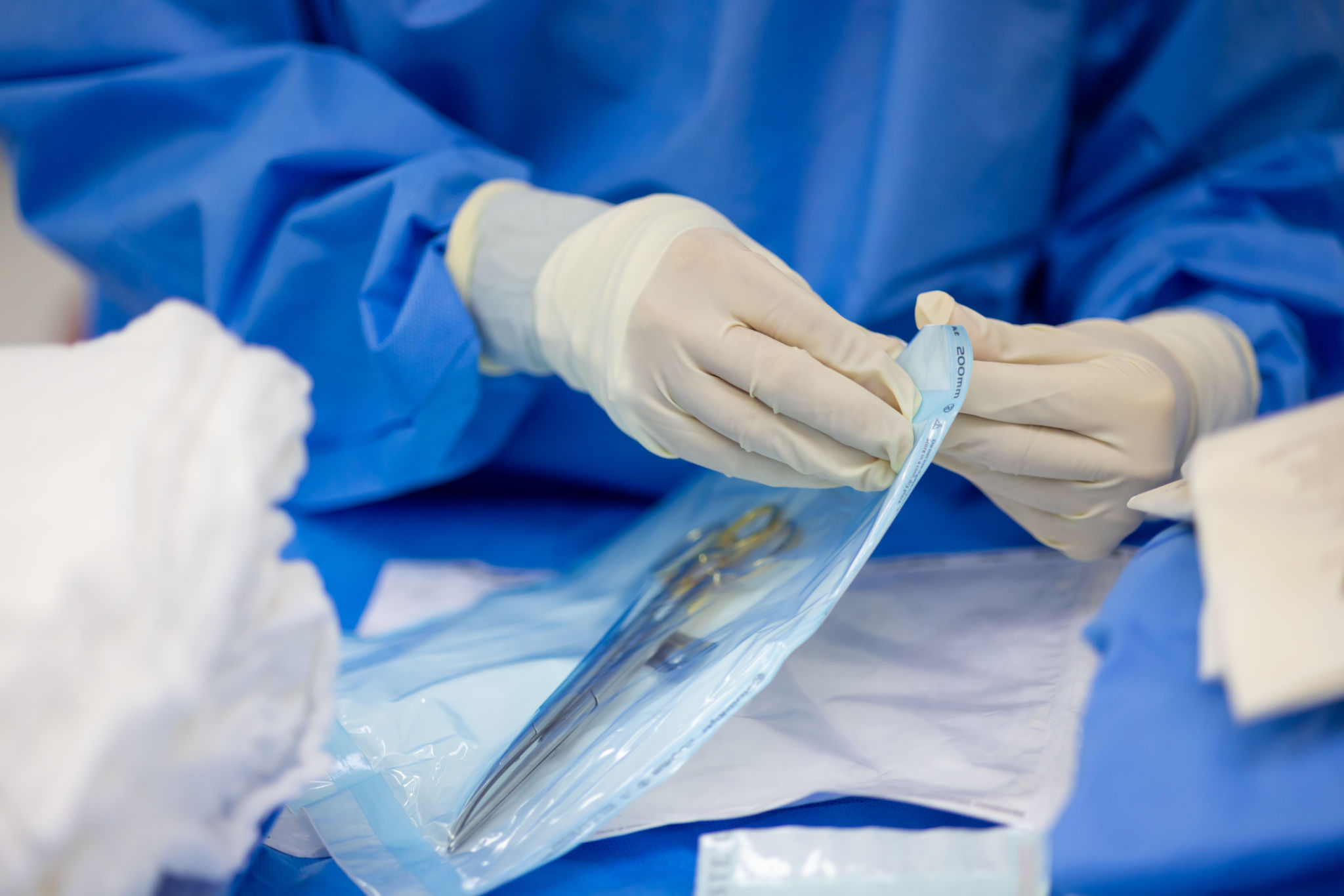How to Maintain Your Medical Equipment: Tips from Philadelphia Experts
Importance of Regular Maintenance
In the fast-paced world of healthcare, the importance of maintaining medical equipment cannot be overstated. Proper maintenance not only ensures the safety of patients but also extends the lifespan of costly devices. Experts in Philadelphia emphasize the need for regular checks and servicing to prevent unexpected breakdowns and ensure optimum performance.

Creating a Maintenance Schedule
One of the first steps in effective maintenance is establishing a regular schedule. This involves:
- Identifying all equipment that requires maintenance.
- Assigning specific times and dates for routine checks.
- Documenting any issues or repairs undertaken.
By creating a detailed timetable, healthcare facilities can ensure no piece of equipment is overlooked.
Training Staff
An often-overlooked aspect of equipment maintenance is ensuring that staff are adequately trained. Philadelphia experts recommend regular training sessions to keep staff updated on the latest maintenance techniques and safety protocols. By empowering staff with knowledge, facilities can reduce user-related equipment issues and improve overall efficiency.

Utilizing Professional Services
While some maintenance tasks can be handled in-house, certain procedures require professional expertise. Engaging with certified technicians ensures that equipment is inspected and serviced according to manufacturer specifications. Hiring professionals also minimizes the risk of errors that could lead to costly repairs or replacements.
Documentation and Record Keeping
Maintaining detailed records of all maintenance activities is crucial. This includes:
- Date and time of each maintenance check.
- Description of services performed.
- Details of any repairs or part replacements.
This documentation not only helps in tracking the equipment’s history but also provides valuable data during audits and inspections.

Sourcing Quality Parts
When parts replacement is necessary, it’s vital to source high-quality components. Philadelphia experts suggest working with reputable suppliers to ensure compatibility and reliability. Using substandard parts could compromise the functionality and safety of medical devices.
Adopting New Technologies
The integration of advanced technologies can greatly enhance maintenance processes. Innovations like predictive maintenance software use data analytics to predict potential failures before they occur. By adopting such technologies, healthcare providers can preemptively address issues, ensuring uninterrupted service delivery.
In conclusion, maintaining medical equipment is a multifaceted process that requires careful planning and execution. By following these expert tips from Philadelphia, healthcare facilities can improve their operational efficiency and provide better care to their patients.